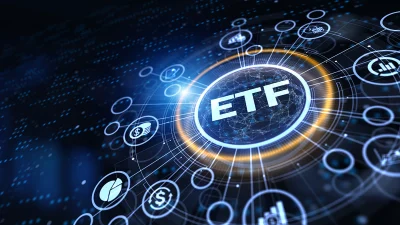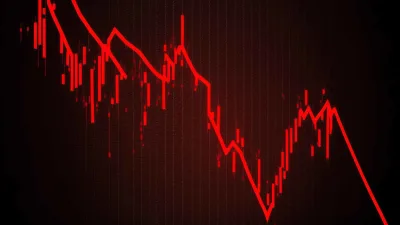Cash ETFs on the rise



While there has been a plethora of new cash and yield exchange traded fund (ETF) products, Morningstar has warned that they are not necessarily interchangeable.
At the start of 2017, only one cash ETF was available in Australia, but from March to July 2017 five new cash, short-term fixed interest or floating rate bond ETFs launched on the Australian Securities Exchange (ASX), according to Morningstar.
Morningstar said in its ETF newsletter the plethora of new cash and yield ETFs in Australia was at least partly inspired by the success of BetaShares Aus High Interest Cash ETF, AAA, that launched in March 2012, and became one of the most successful ETFs in Australia.
“First, it appealed to retail investors who exclusively used ETFs, or who used investment platforms and needed a cash option on-platform,” the research house said.
“Second, it appealed to financial planners who use ETF model portfolios. Third, institutional investors achieved higher rates using AAA than direct cash deposits with a bank.”
However, Morningstar warned that while all cash ETFs were yield-focused, each had its own nuances so they were not necessarily interchangeable.
“Take care when comparing yield figures, for example – we checked the factsheets of the various providers and found that some quoted running yield, others quoted yield to maturity, and some quoted net figures while others quoted gross (that is, before the deduction of fees),” the newsletter said.
“Some factsheets did not quote a yield at all. Comparing the funds is especially troublesome, because with most of them being new, there are no historical return or yield figures to refer to.”
The research house also warned that unlike equity funds, cash had no upside risk so fees came straight off the return.
“We wouldn’t advocate investing in a cheap fund that didn’t have the skills to pay the bills, but if two funds are equally good, we’d choose the cheaper one,” it said.
“When you buy a car, you may not know how the engine works but should know whether it is a 1.4 litre diesel or a V8 supercar. It’s the same with investment products—make sure you understand what’s inside the portfolio, now, and what may be there in future.”
Morningstar said the greater a fund’s exposure to credit or duration, the greater the potential return, and risk.
“Despite being brand new, we can reasonably conclude that ETFs that hold more, higher yielding FRNs or commercial paper should outperform a fund that holds mostly bank deposits, but are riskier,” it said.
Recommended for you
Ausbil has launched its first active ETF in response to adviser demand for a dual-access product offering regular monthly income.
ETF providers are considering the phase-out of bank hybrids in their product development plans with billions of fixed income assets set to seek a new home in the coming years.
Platinum Asset Management has reported its second-highest monthly outflows for 2025 with more expected later this year, thanks to a major client redemption.
Global investment manager BlackRock has signed an agreement to manage $121 billion for Citi Wealth clients in almost 100 countries, the latest development in its wealth management plans.













